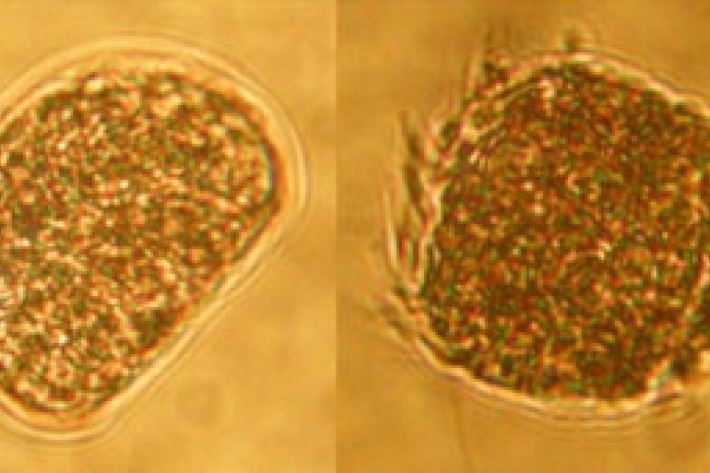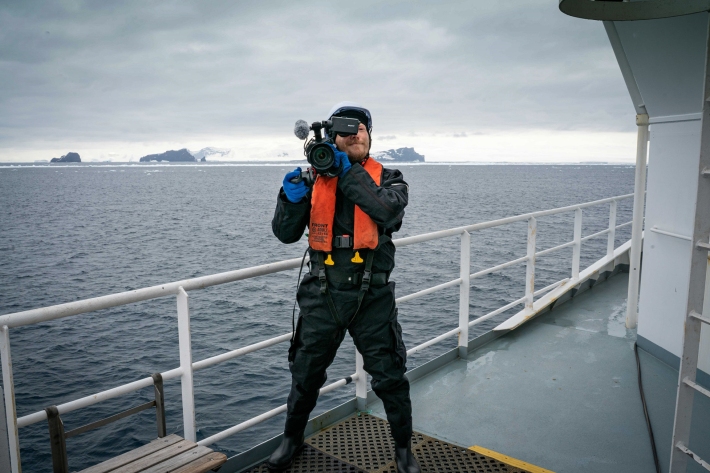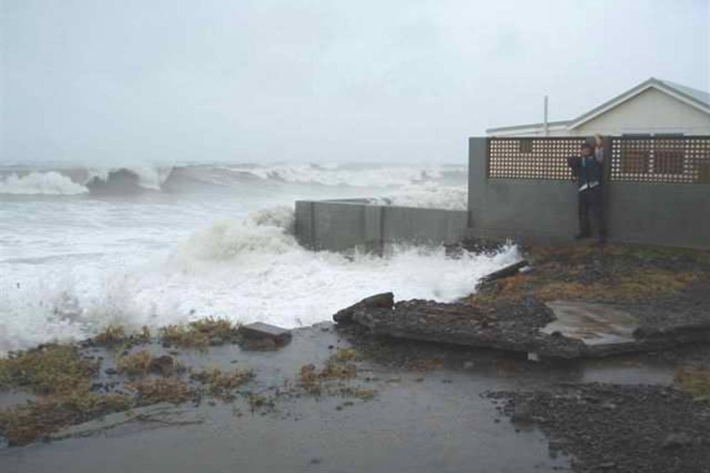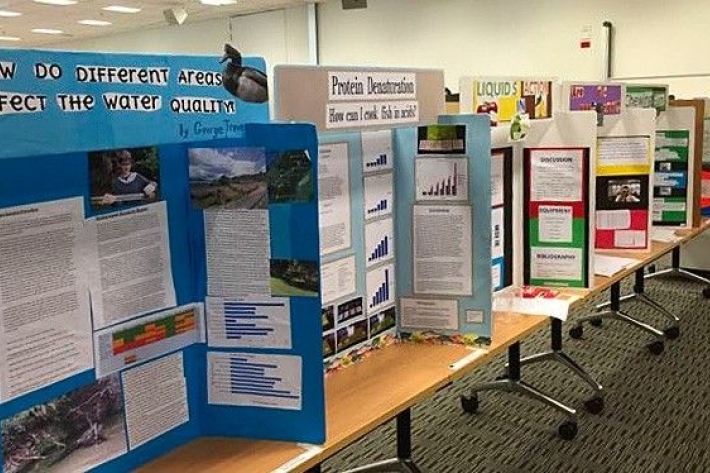-

Ecotoxicology services
ServiceNIWA offers a range of standard toxicity tests for both freshwater and marine environments. -

Tuna - life cycle and leptocephalii
Freshwater eels have an unusual life cycle which sees them travelling between the ocean, estuaries and freshwaters. -

Forestry activities
Forest plantations in Aotearoa can be found on flat, gently rolling, or very steep terrain. -

Support
We have a range of exciting career pathways with our professional Support Service. -

Tonga volcano “afterglow” causes dazzling skies in Antarctica
Media release06 June 2017Antarctica is experiencing stunning skyscapes like those recently seen in New Zealand, thanks to the afterglow effect from the Tongan volcano. -

Planning for coastal adaptation
ServiceCoastal risk exposure for New Zealand, adaptation guidance for local government and relevant summaries of previous court cases and Building Act 2004 determinations. -

Climate mapping
Read about how NIWA can map any aspect of climate to help guide your organisation's response to a changing and variable climate. -

Mitigation and best practice options
Some simple steps to minimise the effects of mining activities on water quality and mahinga kai. -

NZ from Space - About
AQUA and TERRA are polar orbiting satellites that both pass over New Zealand twice per day. -

Science and Technology Fairs
NIWA is a major sponsor of the Auckland, Manukau City, North Harbour, Waikato, Wellington, Canterbury and Bay of Plenty – Science & Technology Fairs. -

Weather plots: temperature and relative humidity
Objective: to observe the relationship between temperature and relative humidity.
